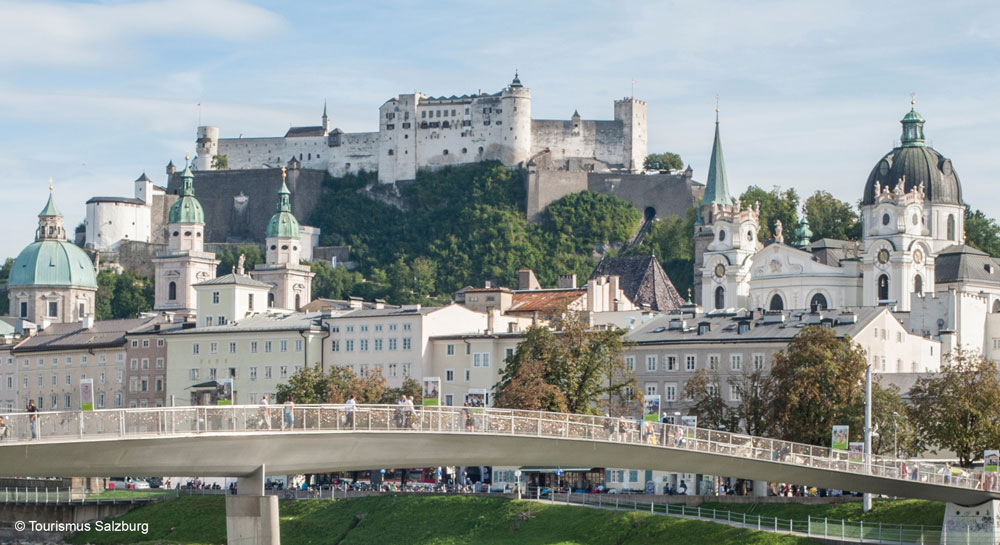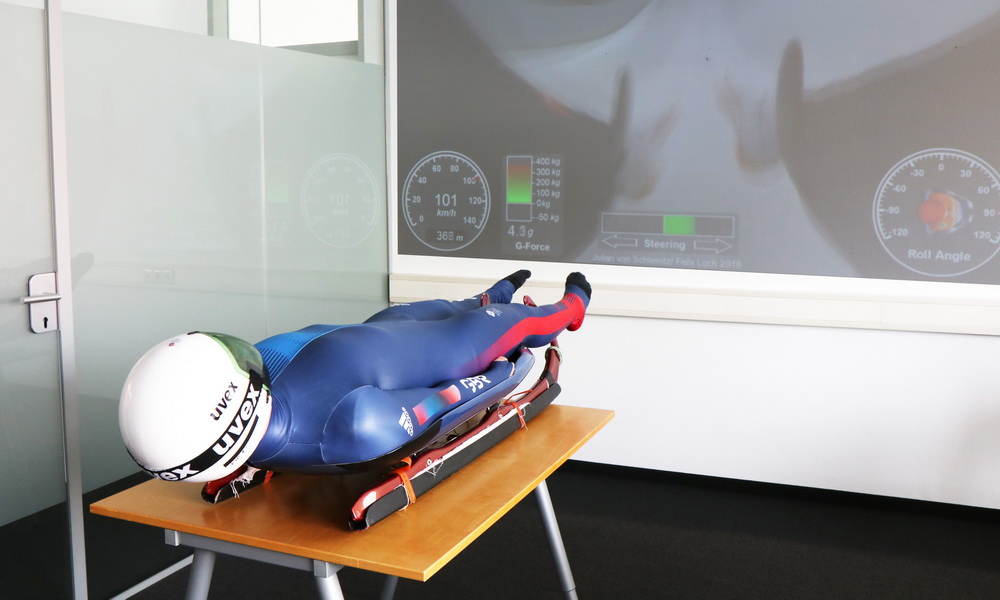Report: Forum Alpbach Workshop “The digital city of tomorrow”
We are living in the age of cities: estimations suggest that by the year 2050 over 70% of the world’s population will be living in cities. There are many open issues and research questions related to this development, from urban development, transportation and economic development to social services, healthcare, energy, public safety, education and more.
Focusing on “smarter cities”, Forschung Austria organized the workshop “the digital city of tomorrow”. Tomorrows cities are seen as innovative places with efficient, effective and sustainable services where people can enjoy a high quality of life, cities that are characterized by their digital heartbeat, connectivity and intelligent services that benefit their population.
In general the participants agreed that overall the objectives towards smart cities are driven by factors such as sustainability, energy efficiency, high quality of life, safety & security, etc. and that Information and Communication Technology (ICT) will (only) serve as enabling technology. Amongst the services that ICT could offer several aspects were mentioned:
- visualization as a communication tool between different parties
- geographic information systems for handling spatio-temporal data
- semantic interoperability of the various data sources to allow a standardized processing
- open data policies enabling communities to create low-cost services
- real-time systems for managing and monitoring huge data volumes in a near real-time manner
- simulation and prediction to enable decisions by stakeholders in a timely manner
- as well as the possibility for new business models enabled by digitized processes.
At the same time the participants pointed out the need to address the vulnerability of connected services e.g. smart meters and to consider the privacy of customers and to take into account the threats post by decentralized autonomous systems.
As a conclusion there was a consensus that technology-only approaches towards smarter cities will not be sufficient to realize these cities. As a basis a holistic approach is needed, considering the different cultures, the willingness to experiment – especially at the level of decision makers -, the constraints in public funding and most prominently the interaction with the citizens (e.g. crowd intelligence, inclusion of local knowledge, open innovation, modern lifestyles of digital natives).
Further details at www.forschungaustria.ac.at
Organizers: Siegfried Reich, Michael Mürling
Speakers: Sanja Vraneš, Helmut Ludwar, Gerald Schatz, Gernot Leitner, Esteve Almirall, Christian Kern, Helmut Miksits, Gerhard Greiner






